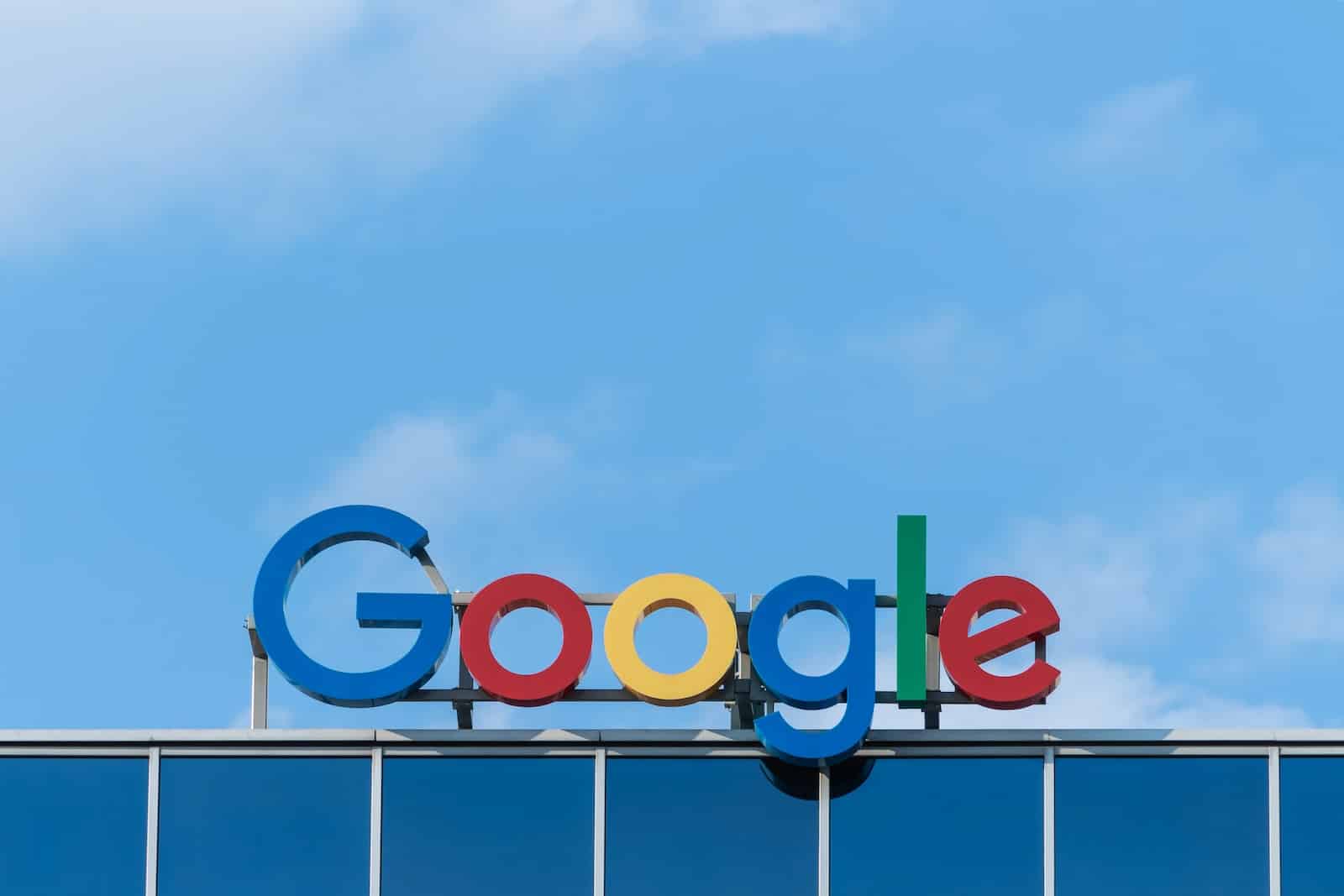Google, one of the largest tech companies in the world, has expressed its refusal to comply with the upcoming European Union data verification law, a measure designed to combat misinformation in the digital environment. In a letter addressed to the European Commission, the American giant stated that the proposed provisions are neither appropriate nor effective for its services, signaling a significant conflict between Silicon Valley and Brussels.
A Resounding Rejection
Kent Walker, Google’s president of global affairs, was responsible for conveying the company’s stance in a document accessed by Axios. In it, Walker made it clear that Google would not incorporate fact-checking systems into its search engine or platforms like YouTube. Furthermore, he emphasized that Google would not use verification data to rank or remove content, directly contradicting the law’s demands.
The executive defended Google’s current approach, which includes tools such as labels for content generated by artificial intelligence and context notes on YouTube. According to Walker, these measures have proven effective in managing information during elections held in various regions in 2024.
The European Union’s Regulations
The data verification law is part of a broader package of regulations established by the Digital Services Act (DSA), which aims to ensure greater transparency and accountability in large tech platforms. Initially proposed as a set of recommendations under the Code of Practice on Misinformation in 2018, this regulation will become mandatory for companies operating in European territory.
The main requirements of the law include:
- Implementing fact-checking systems in search engines and social media.
- Classifying and removing misleading or false content.
- Informing users and authorities about the moderation mechanisms used.
- Ensuring transparency in ranking algorithms.
The regulation has been well received by advocates for fighting misinformation but has also generated resistance among major tech companies, which view it as excessive regulatory burden.
A Standoff between Brussels and Silicon Valley
Google’s rejection adds to the criticisms from other major tech companies like Meta and X (formerly Twitter), which have opted to implement alternative moderation systems, such as Community Notes, to evade traditional data verification. This resistance highlights the growing tension between the European Union’s regulatory policies and the strategies of American giants.
With Donald Trump’s return to the presidency in the United States, tech companies seem to feel empowered to challenge European laws. Under this new dynamic, Google has made it clear that it will prioritize its own content control systems over Brussels’ demands.
Consequences and Future
Google’s refusal to comply with the data verification law presents a direct challenge to the European Union, which could impose penalties once the regulation goes into effect. The European Commission has insisted that these measures are essential to combat misinformation and protect European citizens, warning that noncompliance will not be tolerated.
Meanwhile, Google has reaffirmed its commitment to developing its own tools for moderating content, although without adhering to the specific demands of the new law. This disagreement raises a crucial question: how far is Brussels willing to press to ensure its regulations are followed, even against companies as significant as Google?
The dispute between Google and the European Union will be a key indicator of how the relationship between major tech platforms and regulators evolves in a global context where transparency and the fight against misinformation are increasingly urgent.
via: SEO News

